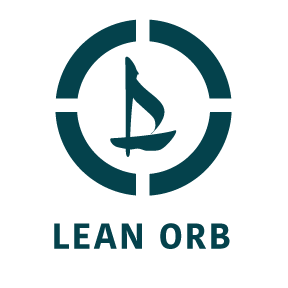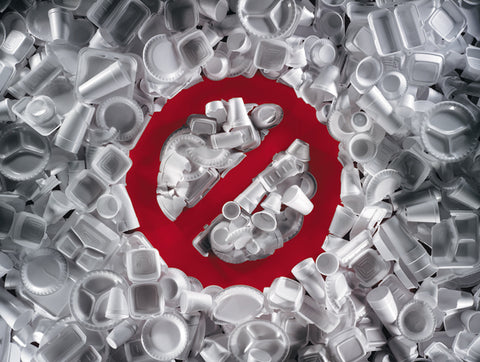Whether out of necessity or convenience, people are ordering take-out now more than ever in liue of the pandemic. With more take-out, comes more waste production.
Single-use plastics and styrofoam (polystyrene) are most commonly used in take-out services. However, they are detrimental to the environment and our health.
Polystyrene, more commonly known as styrofoam, is a harmful material that does not biodegrade. When placed near heat, polystyrene melts into the food or liquids it is holding. This can affect liver and kidney health greatly. Even in our landfills, polystyrene is dangerous. Often polystyrene leaches from landfills and enters our drinking water. We are ingesting toxic amounts of polystyrene by buying into the industry. When styrofoam is littered, it never biodegrades. While it will break down into smaller participles, those participles are forever incorporated into our soil, plants, animals, and waterways.
The polystyrene industry is the fifth largest contributor to toxic wastes in the United States. This is unfortunately upheld through the restaurant industry. While many businesses try to mitigate damage by recycling, that too has its challenges. Only 18% of recycling materials is actually recycled in Miami-Dade. If a container has any food residue on it, it cannot be recycled.
So what is a plausible and effective solution? Many restaurants have begun to turn towards sustainable packing options. Instead of single-use plastics, companies like Lean Orb have begun to engineer packaging that is biodegradable and reliable. Sustainable packaging is a growing industry as more people have begun to care about our ecosystems. A survey done by the Foodservice Packaging Institute explains that 67% of people reported that being eco-friendly was very important to their overall experience. More and more people prefer brands that are sustainable. As business grows, we must readjust to save our oceans, beaches, and waves.
Written By: Catherine Sautter
A fourth year Creative Writing and History double major and Ecosystem Science and Policy Minor at the University of Miami. As a published author, her creative passions lie in fiction writing and journalism. However she aspires to become an environmental lawyer. Catherine is passionate about advocating for environmental policy and hopes to see positive innovation and change to save our oceans, beaches, and waves.

